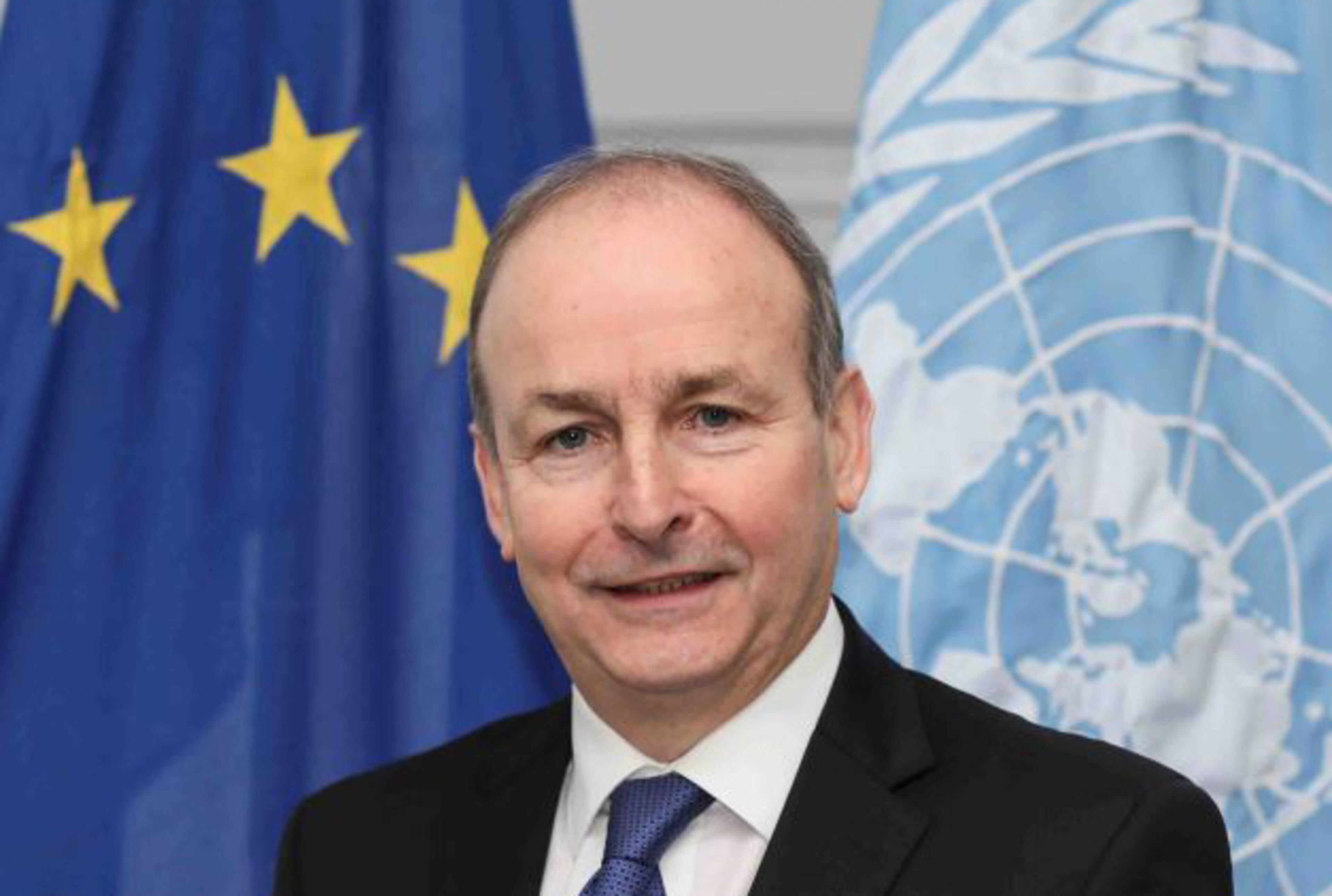Opinion: Carter’s early work helped end Northern Ireland conflict
Twenty-five years ago, a remarkable peace was achieved. The Good Friday Agreement ended the decades of violence in Northern Ireland, resetting relationships in Northern Ireland, on the island of Ireland and between the islands of Ireland and Great Britain.
Violence cast a long shadow. Hardly a family was untouched. Between 1969 and 1998, around 3,700 lives were taken: to get a sense of the scale of the hurt in a small place, that would equate to almost 700,000 lives lost if the population were that of the United States. Tens of thousands were injured. Many more were traumatized, and we are still learning about the intergenerational impacts of trauma.
With peace came the light of hope. A hope in many ways made in America; successive U.S. leaders, Republican and Democrat, helped drive the process forward, staying the course over many difficult years, enabling a peace and giving an agreement which is owned by the people of Northern Ireland.

The vital contribution of many U.S. presidents, including President Bill Clinton, during whose administration the peace agreement was signed, has been extensively documented. What is perhaps less well-known is that it was President Jimmy Carter, that great son of Georgia and one of the most effective diplomats in modern American history, who established the precedent for a strong White House role on Northern Ireland. His 1977 ‘Carter Initiative’ was the first formal statement by a U.S. president on Northern Ireland.
In that Initiative, President Carter called for “a just solution that involves both parts of the community of Northern Ireland … as well as the Governments of Great Britain and Ireland”. He also offered U.S. government support for investment and job creation in the event a settlement was reached.
In recognizing the Irish dimension, President Carter helped develop support for, and a greater understanding of, the interlocking relationships on the island of Ireland and between the two islands of Ireland and Great Britain. It was the resolution of these relationships that enabled the fundamental balance of the Good Friday Agreement to be achieved 21 years later.
In taking his Initiative, President Carter was bold, making a significant departure from the approach of previous U.S. administrations which had deemed Northern Ireland a purely internal matter for the British government.

In stating for the first time that Northern Ireland was an international issue of concern to the White House, President Carter set the stage for the subsequent involvement of succeeding U.S. presidents. True to his nature, President Carter decided on this course in the face of objections, including from within the U.S. State Department.
The 1977 Carter Initiative on Northern Ireland was characteristic of the man he is: ahead of his time, rigorous in his sense of impartiality and justice and profoundly committed to dialogue as the only means of resolving conflict. His commitment to human rights has been a hallmark of his approach to diplomacy and Ireland shares his belief that promoting democracy and protecting human rights are essential components of lasting peace, as they have been in Northern Ireland.
While the road to peace in Northern Ireland was long and replete with setbacks, President Carter’s Initiative was a foundation stone. It was built upon, among others, by President Ronald Reagan and U.S. House Speaker Tip O’Neill, who exemplified the strong bipartisan support that became the hallmark of U.S. engagement. The work of President Bill Clinton and U.S. Sen. George Mitchell was essential to the conclusion of the agreement itself, a triumph of the best of U.S. foreign policy. President Joe Biden visited Ireland in April, returning home on a journey that completes the circle of the Irish American relationship as exemplified by one family’s remarkable immigrant story.
A quarter of a century from the signing of the Good Friday Agreement, it is important to remind ourselves that peace was not inevitable. There are thousands alive today thanks to courageous leadership. It is important too to remind ourselves that peace cannot be taken for granted and each generation has duty to carry its baton, securing peace for those who come next.
As Sen. Mitchell said in Belfast recently, the Good Friday Agreement was a victory for peace and for the future, not only for Northern Ireland, but for everywhere. It was, he said, an agreement for the people of Northern Ireland. Agreement was a demonstration that it was not a sign of weakness to resolve differences by peaceful and democratic means, but rather a sign of strength and wisdom.
He reminded people too that the power of the agreement was not just for Northern Ireland but for the world, a moment when “history can continue to open its lungs and show others the possibility of hope.” Hope that talked to others, allowing them to rouse themselves “to the possible.”
Hope born in the United States, and with a president who dared to dream.
In the case of the Good Friday Agreement, this audacity and sense of possibility helped the parties to the agreement to aspire to a better future. American political leaders of all stripes have demonstrated their support for the peace process time and again. It was President Carter who woke the possible, showing the way to a better future. For this, we will always be thankful.
Micheál Martin is Ireland’s deputy prime minister and its minister for foreign affairs and minister for defense.


